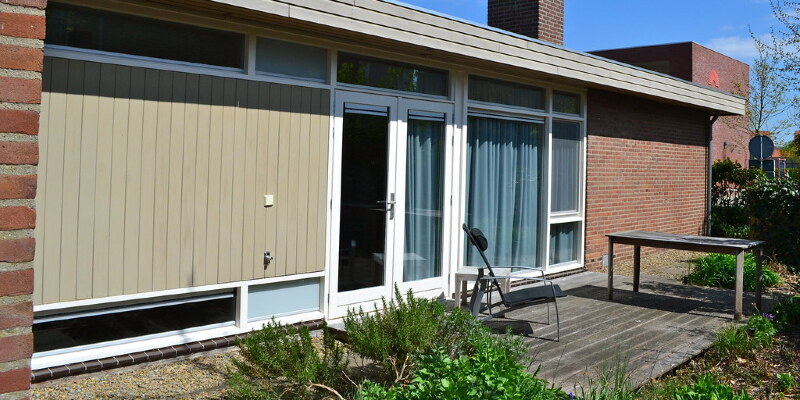Cork provides a sustainable, soft flooring option for upstairs rooms, with a few advantages that are not as common with other types of flooring. Cork also resists both fire and humidity, making it a safe flooring choice for nearly any room. Cork is naturally resistant to bacteria and mildew, making it a feasible bedroom flooring choice even for the allergy sufferer.
Sound Absorption
Cork’s porous structure makes it obviously sound absorbent — so much so that it is even used on recording studio walls to soften and prevent harsh “bounced” noises which may otherwise alter the recording process. A cork floor absorbs sound much like a carpeted floor, eliminating the unpleasant clack of heeled shoes as well as an upstairs hall, bathroom or bedroom. The end result — excellent noise reduction between the second and first floors, leading to a more enjoyable atmosphere for all those both upstairs and down, as fewer noises journey between levels.
Comfort Underfoot
Cork flooring feels much softer underfoot than typical hard-flooring options such as laminates, tile or wood. Since cork is naturally porous, it “gives” under pressure — things dropped on the floor may temporarily score the cork, but it bounces back to shape. It also will help avoid breakage of dropped things such as votive holders or jars containing beauty products.
Allergy Abatement
While carpeted flooring seem like a cozy choice for bedrooms — particularly during a barefoot half-slumber state tromping from bedroom to bathroom — carpet is not the ideal option for those who have asthma or allergies. Carpeting traps dust, dander and allergens, all of which may exacerbate health issues. Cork, though porous, doesn’t trap allergens because it has a complete coating that seals the top layer of pores. It is also naturally resistant to mold and mildew, which also trigger symptoms from people sensitive to them. Cork does not release toxic fumes found in some types of flooring after installation. If allergies are a concern, seek cork flooring adhered and sealed using a low-VOC or low volatile-organic-compounds content to guarantee these substances do not emit dangerous odors.
Moisture Resistance
Cork includes a natural anti-microbial substance referred to as “suberin,” which prevents the growth of mold and mildew common to moist environments such as the bathroom. Additionally it is moisture resistant, so that it wo not absorb water that drips onto the floor after a shower or when washing hands. Cork is a good thermal insulator also, so it feels warm underfoot even at the bathroom before you hop in the shower or tub.

